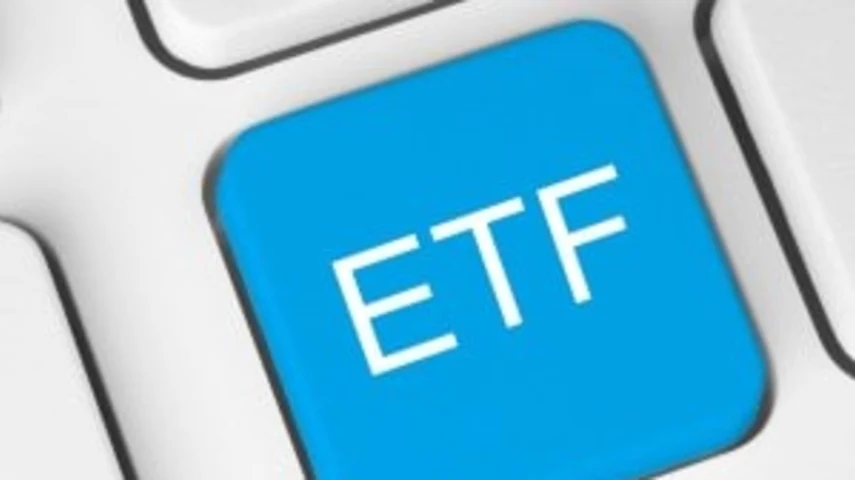Defensive ETFs flourish through volatile January



Defensive exchange traded funds (ETFs) are minimising the impact of market volatility, as investors look for alternative opportunities, robo-advice provider, Stockspot believes.
In its February ETF update, Stockspot reported that January 2016 saw volatility and share market falls across the globe which led to the first negative month of ETF funds under management (FUM) growth since August 2015 (falling four per cent), while the commodities sector had the highest monthly increase in FUM largely due to a 10 per cent rise in the gold price.
"Inflows into the fixed income and cash sector also highlights risk aversion during January," the report said.
"BetaShares' Australian High Interest Cash ETF (AAA) added $50M of new FUM.
"Other Australian bond ETFs, including IAF, RSM and VAF also received over $10M of new FUM each during January."
While there were declines in FUM at the very top end of the ETF market, ETF Securities, saw a 10 per cent surge in FUM, despite the market volatility, UBS suffered the biggest percentage hit to its FUM, dropping 26 per cent
Recommended for you
BlackRock Australia plans to launch a Bitcoin ETF later this month, wrapping the firm’s US-listed version which is US$85 billion in size.
Financial advisers have expressed concern about the impact including private market exposure is having on their tracking error budget, according to MSCI.
State Street will restrict its membership of global climate alliance Net Zero Asset Managers after the organisation dropped its flagship 2050 goals amid ESG backlash from the US.
Betashares has launched a global shares and a global infrastructure ETF as part of the firm’s strategic expansion strategy to support financial advisers in building more diversified portfolios.












